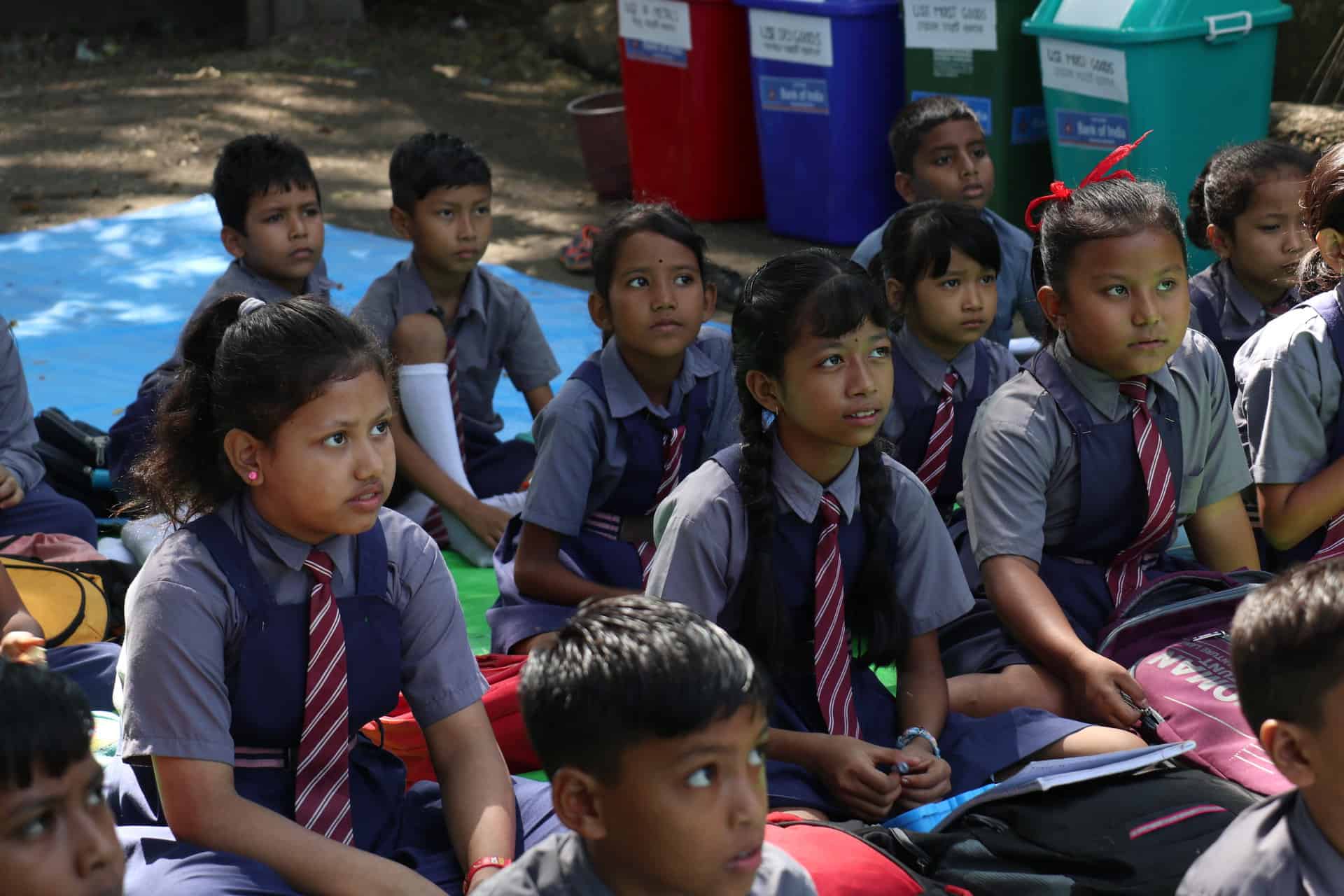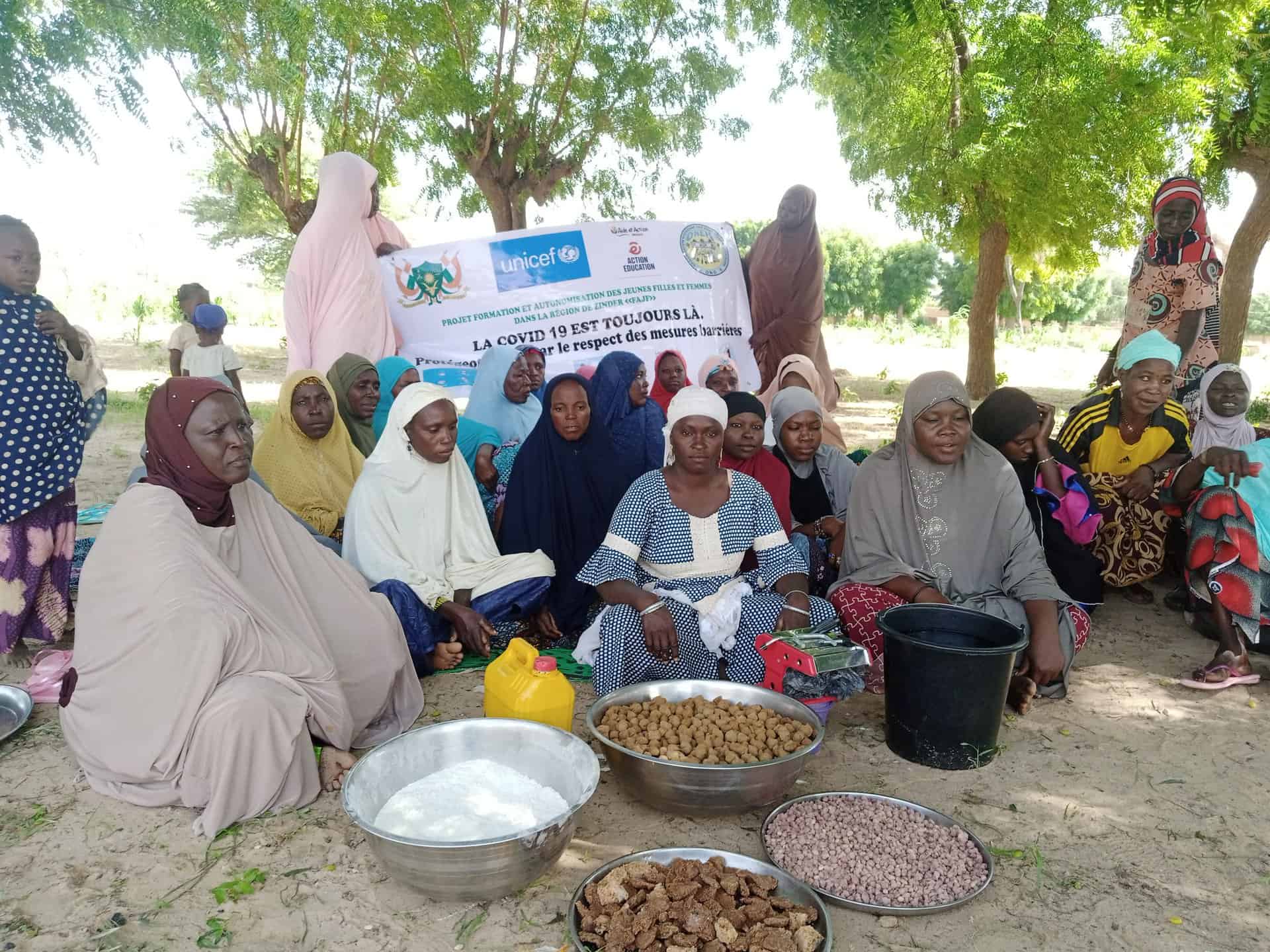The education crisis remains acute in the Sahel countries due to insecurity. Aide et Action is present in Niger, Mali and Burkina Faso and is alarmed by this situation, of which girls are the first victims.
" The countries of the Sahel zone are confronted with demographic, security and migration challenges that weigh on the needs and capacities of their education systems, whose results are among the lowest in the world "The report, entitled Meeting the challenges of education in a Sahel in crisis "published by the Education Coalition in 2019. Aide et Action, which is now the leader of this coalition, underlines the current educational emergency in Niger, Mali and Burkina Faso, three of its countries of intervention. A situation that compromises the future of many generations, especially girls, as they are 2.5 times more likely to be out of school in countries in crisis.
Girls' education often seen as a lower priority than boys' education
Indeed, the impacts of conflict on girls are far greater than for boys. According to the Education Coalition's report, before the COVID-19 crisis, 54% of girls in Niger were not in school compared to 46% of boys (UIS). "Socio-economic contexts favour early marriage or the involvement of girls in domestic work. [In the most conflict-affected region of the country, the rate of child marriage is the highest in the world with 89% of girls married. "
Today, the figures are even worse: according to the latest estimates, 4 million girls in the Sahel have had to drop out of school because of insecurity. Beyond the security aspect, there are many obstacles to quality education in this area: primary school teachers are insufficiently trained, teaching resources are non-existent, insufficient or inadequate, and local supervision is of very low quality. All these factors make girls vulnerable, and their education is often considered a lower priority than that of boys.
"Without school, I would be condemned to early marriage and domestic work
" Education is very important for all children and especially for girls, says Aissata, a CM2 student at Sossokoira primary school in Gao, Mali. That's why when our school was closed, I took courses that were broadcast on the national radio and the local radio stations Nata and Adar. It is thanks to the school that I will be trained, that I will be able to get a diploma and have a job. The sponsorship offered by Aide et Action has changed my perception of school. When my sponsor talks to me about his home, his family and his environment, I discover life elsewhere, in France. Without school, I would not be able to read and write. Then I would be condemned to early marriage and domestic work. "
Like Aissata, millions of girls around the world could see their future improve with access to quality education. On this International Day of the Girl, Aide et Action reminds us of the importance of breaking the barriers posed by gender inequalities and exclusion, especially in conflict zones.






